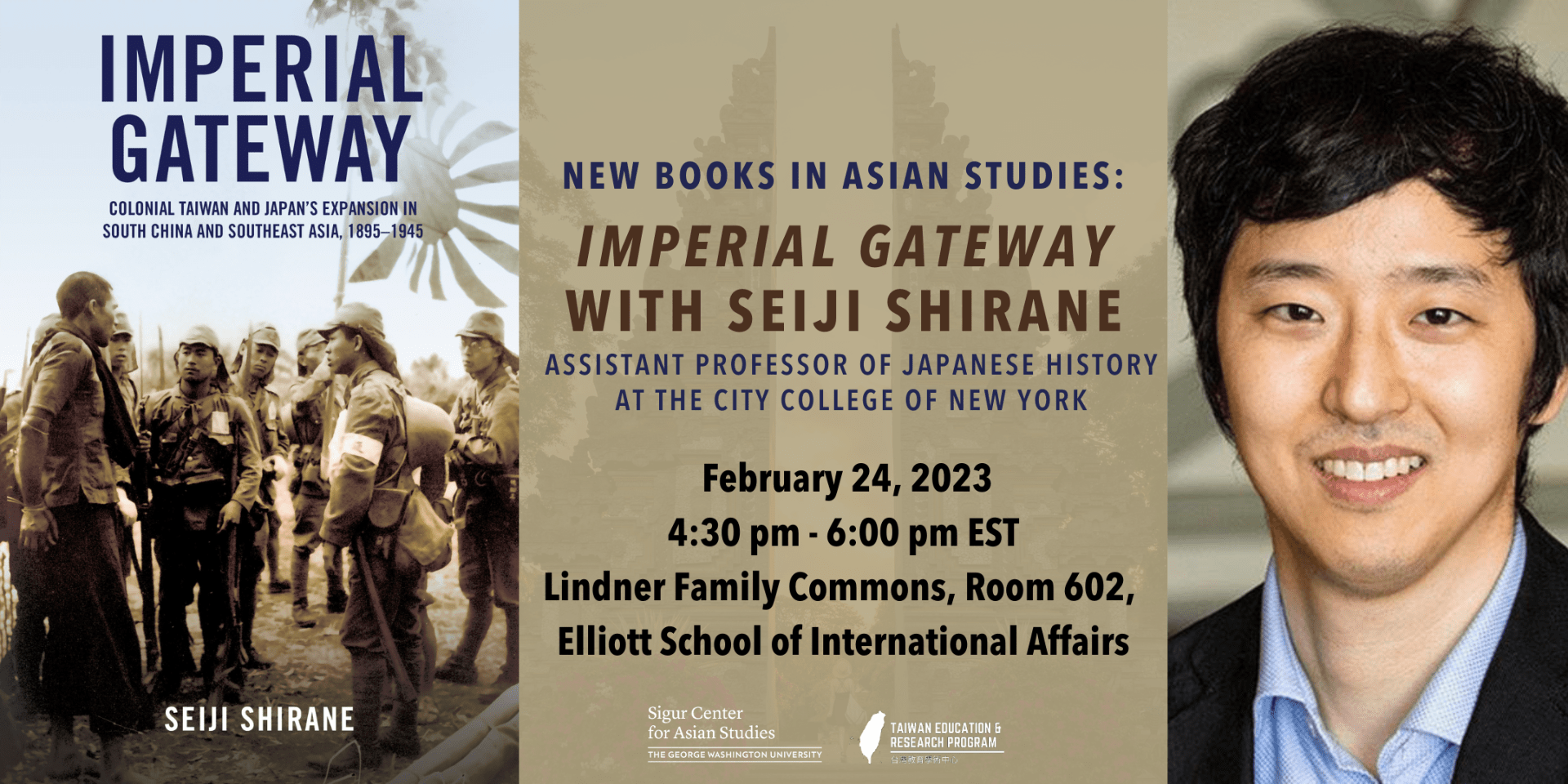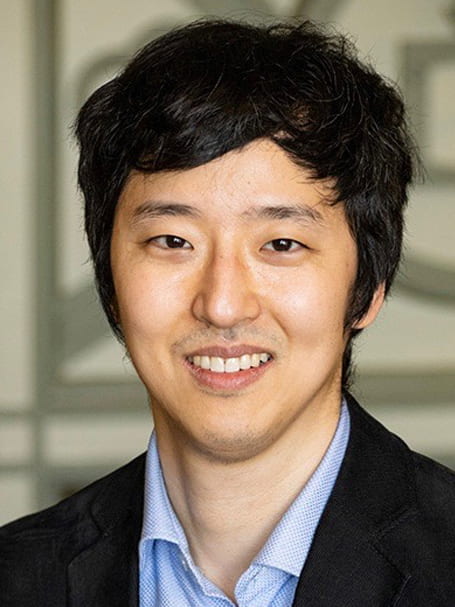
Taiwan Humanities Lecture Series |
Sounding Settler Politics:
The Institutionalization of Hakka Music in Postwar Taiwan
Friday, April 7, 2023
4:30 PM – 5:30 PM ET
Room 505
Elliott School of International Affairs
1957 E Street NW Washington, D.C. 20052
Hakka is the second largest ethnic group in Taiwan, comprising 20 percent of the total population. An affective medium for meaning construction and negotiation, Hakka music has not only been adopted by members of the Hakka community to express cultural differences in ethnic politics; it has also been appropriated by the state to manifest national characteristics in domestic and international education as well as in cultural diplomacy. Although some writers noticed the differences between cultural practices of different groups of Han settlers, very few attributed particular musical activities to “the Hakka” in Taiwan, and those that did wrote from an outsider’s perspective.
How did the discourse of Hakka identity and culture emerge in Taiwan from the second half of the 20th century? And how did Hakka music become typified and promoted alongside the battles over identity politics and cultural governance in the past decades? This lecture addresses the changing social organization of Hakka music in postwar Taiwan, and analyzes the crystallization, objectification, systemization, and decentering of Hakka music discourse and performance.
Speaker

Professor Seiji Shirane is an Assistant Professor of Japanese History at The City College of New York (CUNY). He received degrees in history from Yale University (BA) and Princeton University (PhD), and his work has been supported by the National Endowment for the Humanities, Fulbright, Social Science Research Council, and the Japan Society for the Promotion of Science.
Moderator

A native of China, Professor Daqing Yang graduated from Nanjing University and received his Ph.D. from Harvard University. He specialized in the history of modern Japan. His research interests include the Japanese empire, technological developments in modern Japan, and the legacies of World War II in East Asia.
In 2004, Dr. Yang was appointed a Historical Consultant to The Nazi War Crimes and Japanese Imperial Government Records Interagency Working Group at the U.S. National Archives. In fall 2006, Dr. Yang served as the Edwin O. Reischauer Visiting Professor of Japanese Studies at Harvard University.
Professor Yang is a founding co-director of the Memory and Reconciliation in the Asia Pacific program based in the Sigur Center for Asian Studies, and is currently working on a new project on postwar China-Japan reconciliation. He is the author of Technology of Empire: Telecommunications and Japanese Expansion in Asia, 1883-1945. He co-edited the following books: Memory, Identity, and Commemorations of World War II: Anniversary Politics in Asia Pacific; Toward a History Beyond Borders: Contentious Issues in Sino-Japanese Relations, which was also published simultaneously in China and Japan; Rethinking Historical Injustice and Reconciliation in Northeast Asia; and Communications Under the Seas: The Evolving Cable Network and Its Implications.

